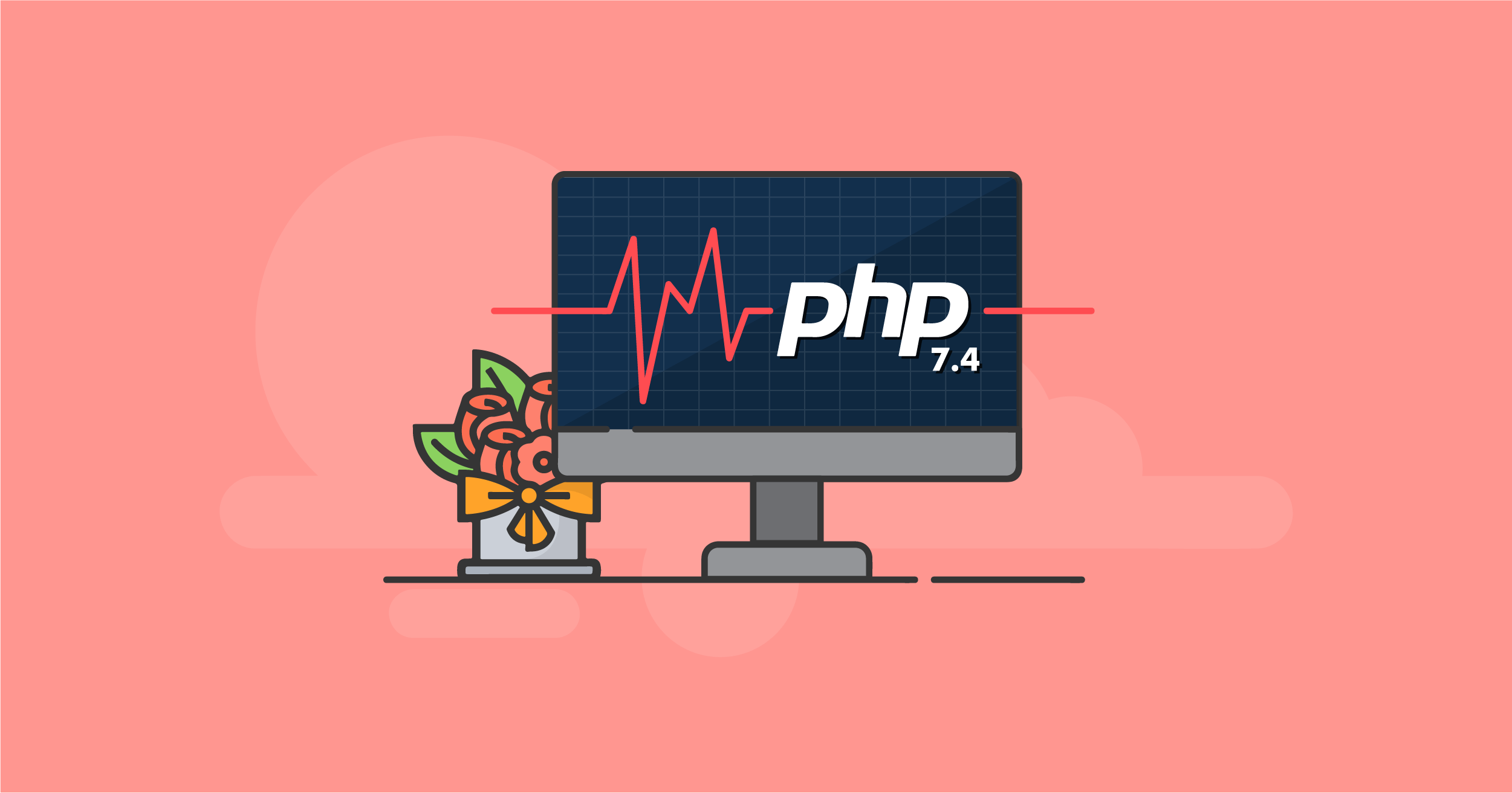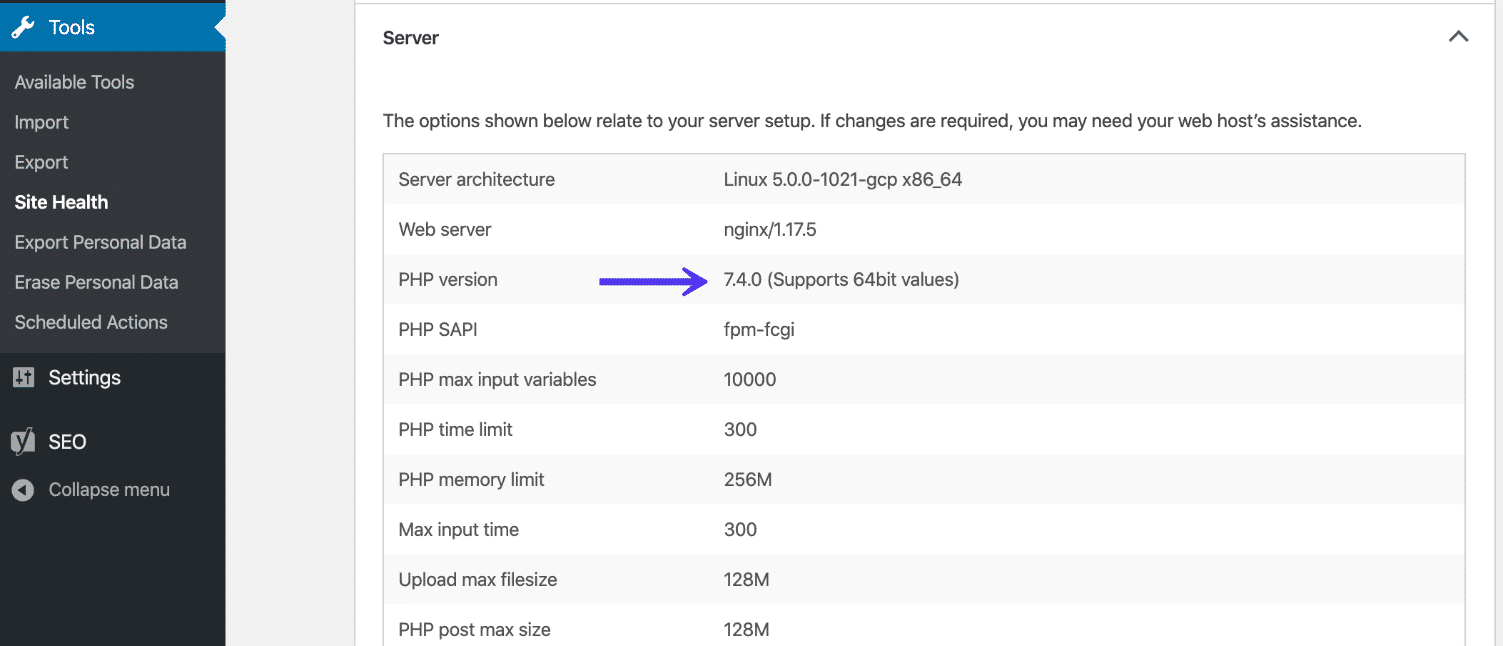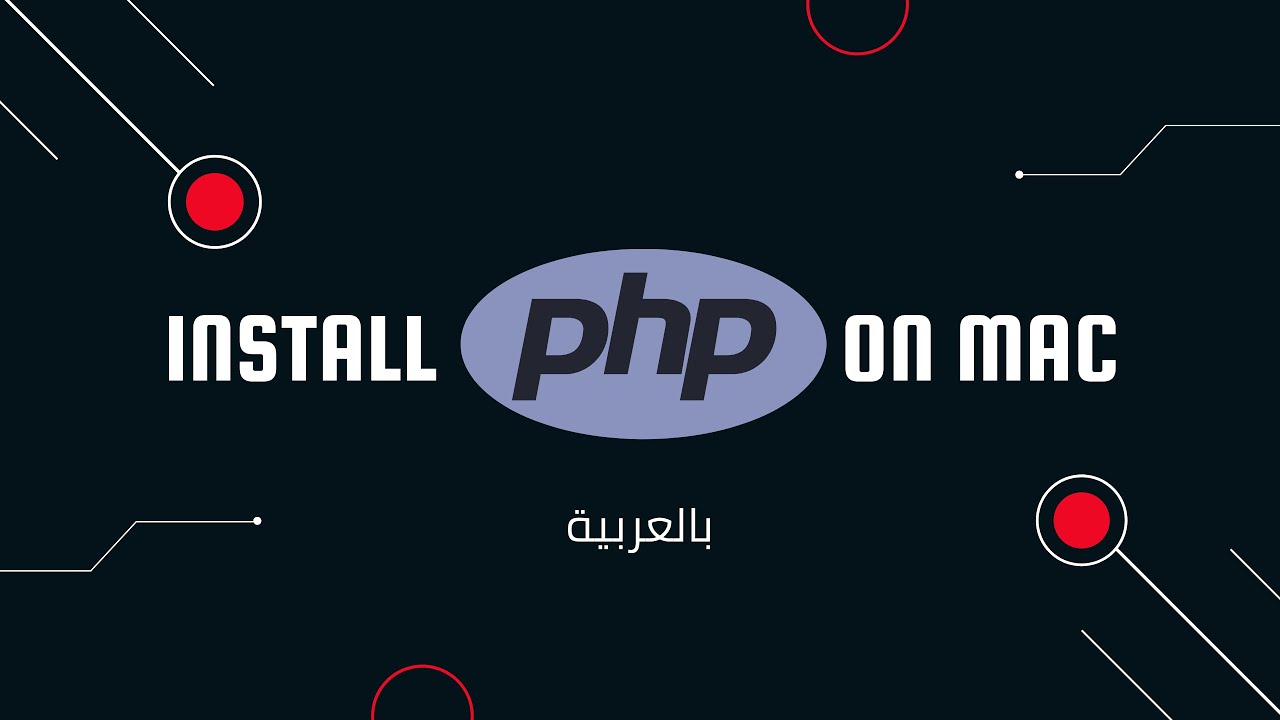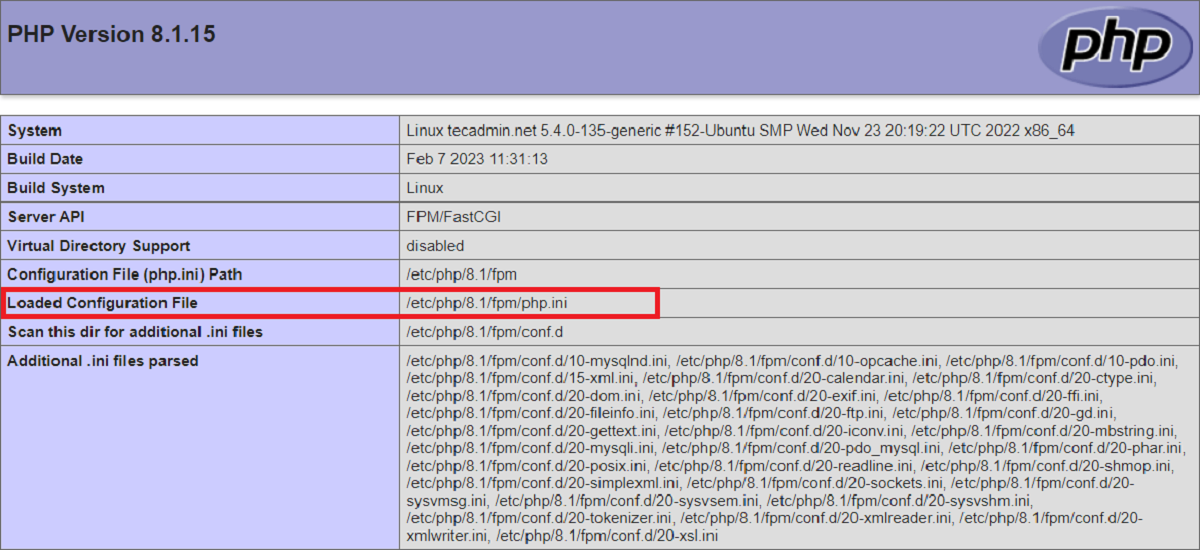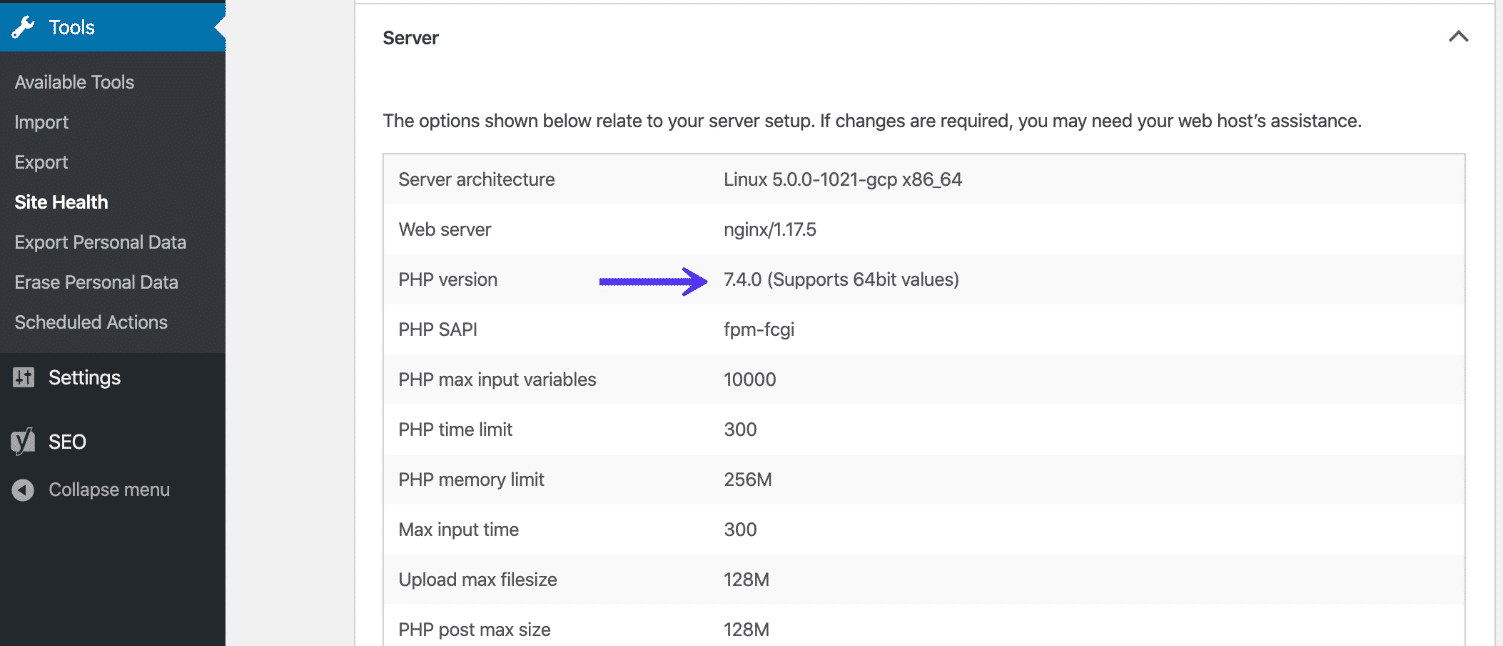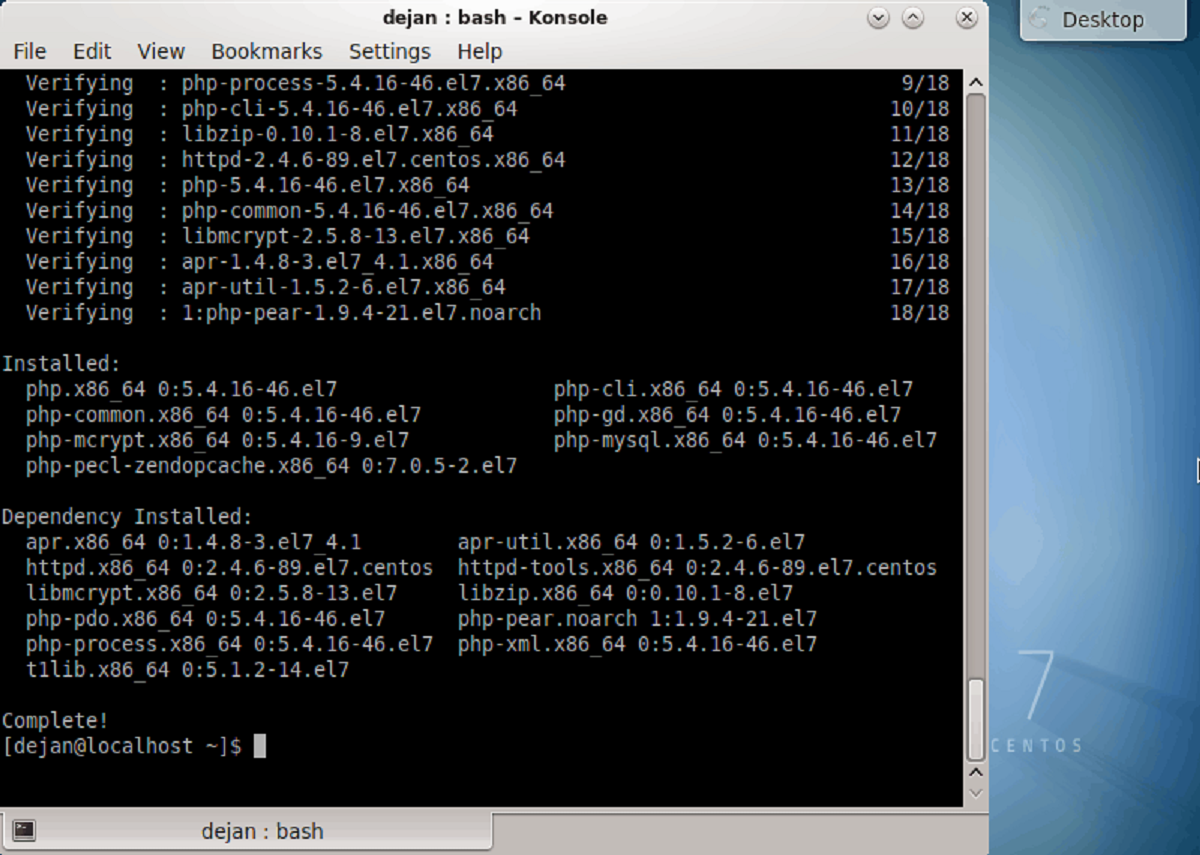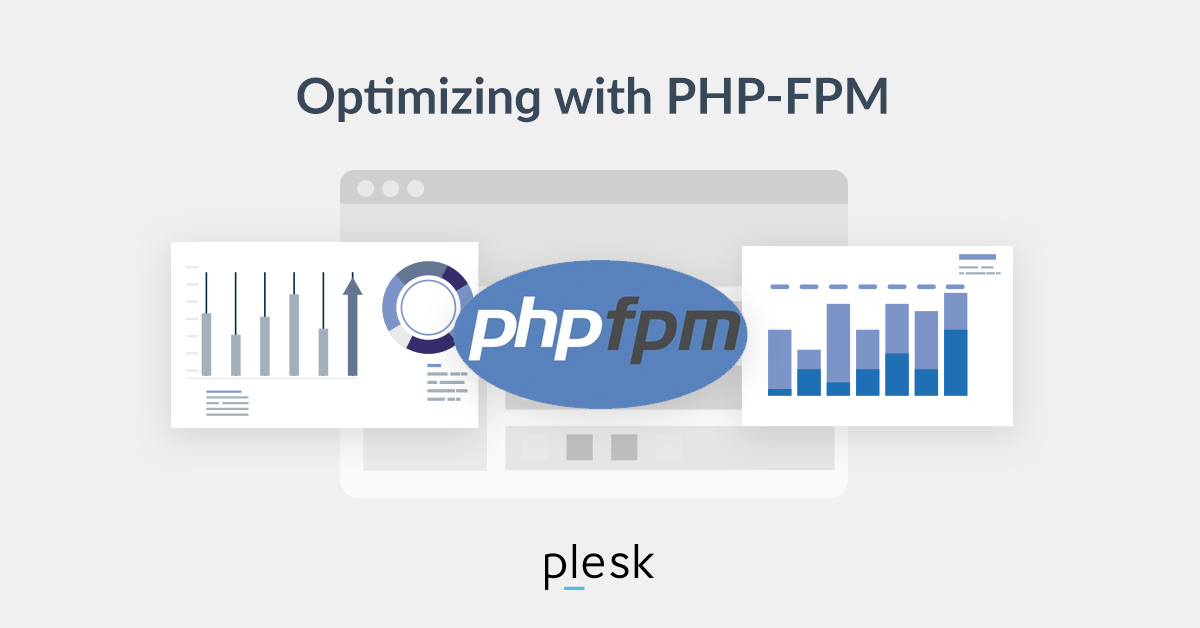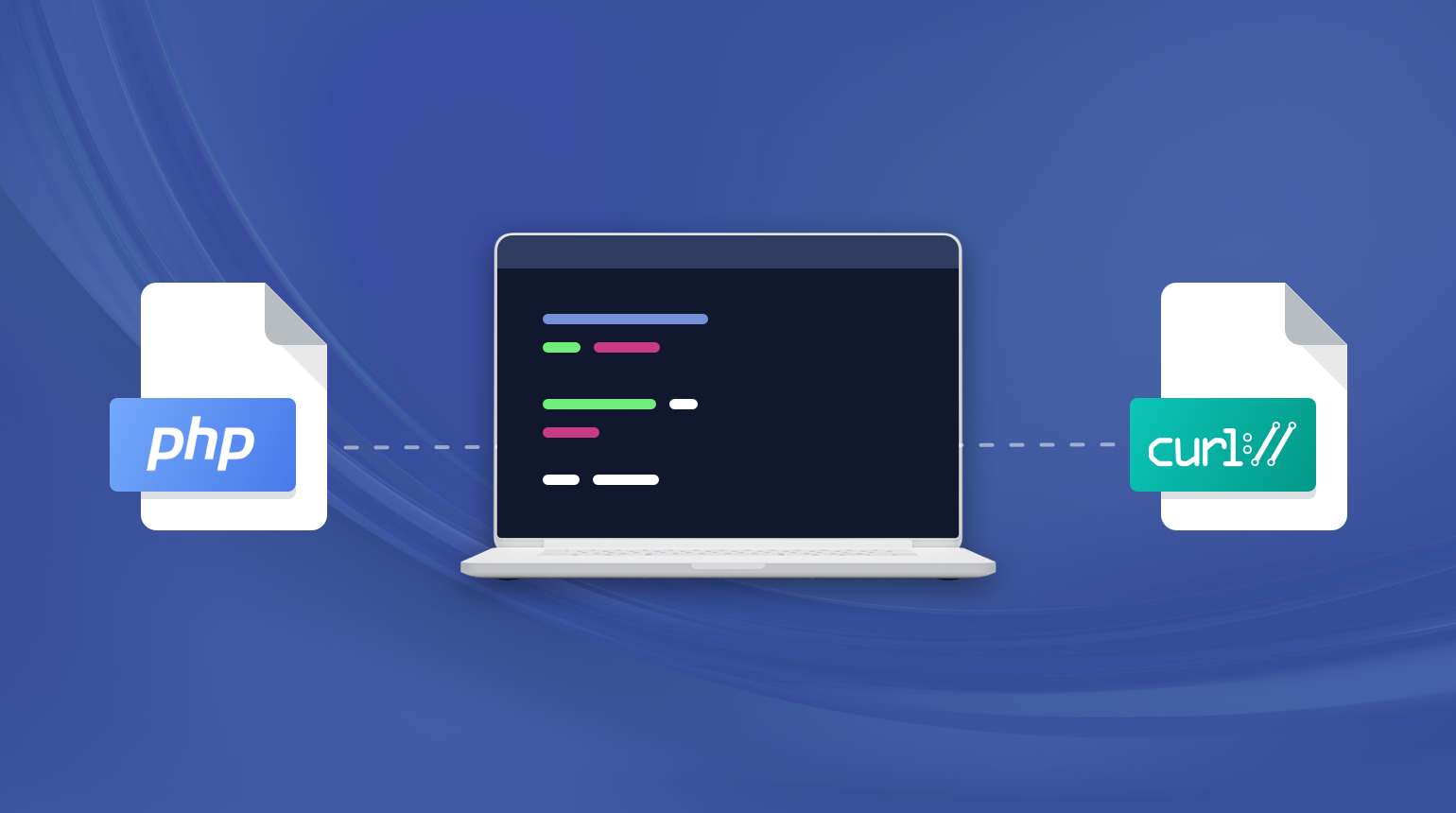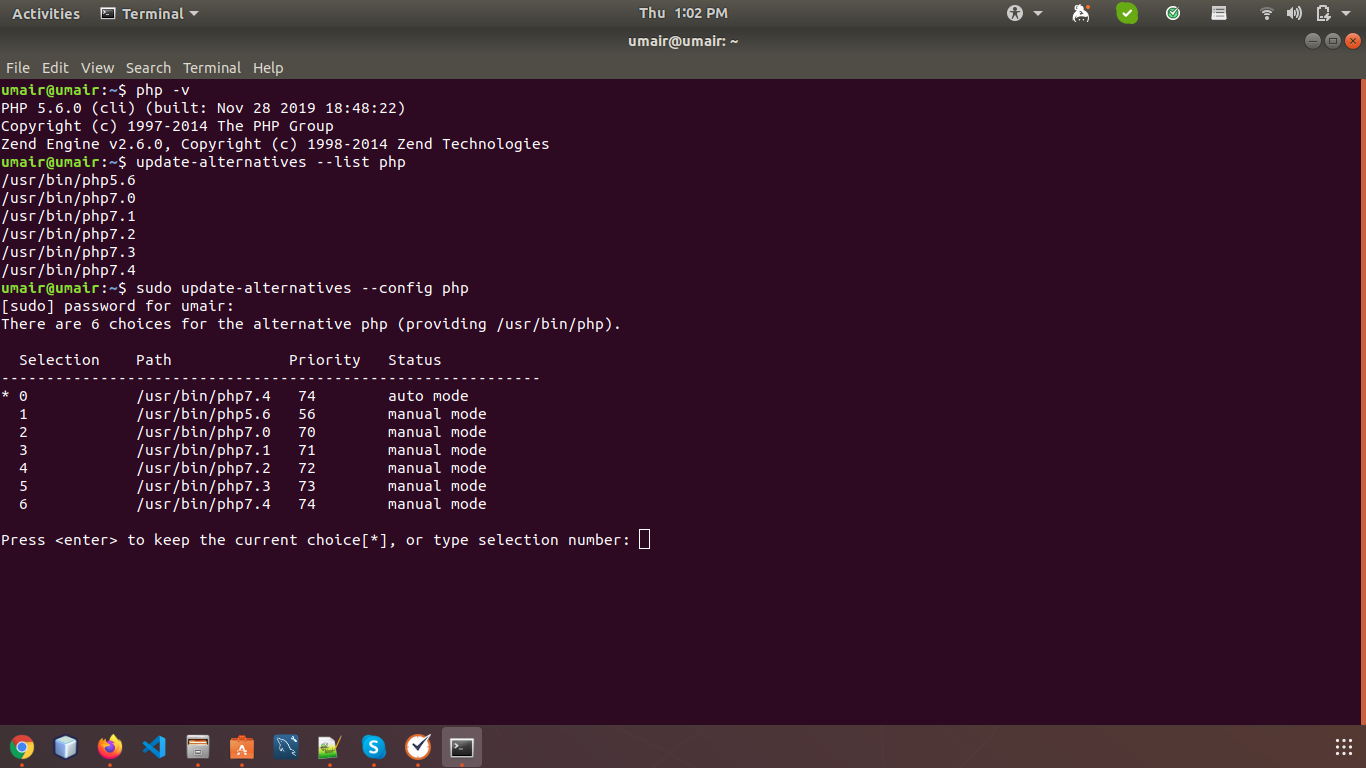Introduction
PHP 7.4, the latest major release of PHP, has brought numerous improvements and features to the world of web development. As a developer or website owner, it’s crucial to stay informed about the lifecycle of PHP versions to ensure the security and performance of your applications. Knowing the end of life (EOL) date for PHP 7.4 is essential for planning your upgrade or migration strategy.
When a PHP version reaches its end of life, it means that the developers will no longer provide active support, bug fixes, security patches, or updates for that version. This leaves your website vulnerable to security breaches, performance issues, and compatibility problems with future software updates. Therefore, it is crucial to be aware of PHP 7.4’s EOL date to make informed decisions and take necessary actions to ensure the continued smooth operation of your website.
In this article, we will delve into the details of PHP 7.4’s lifecycle, explore its release date, supported versions, and most importantly, discuss how long PHP 7.4 will be supported. Additionally, we will also take a glimpse into the upcoming PHP 8.0 release, its features, and improvements, to help you prepare for a seamless transition.
By staying updated on PHP versions and their lifecycles, you can take proactive steps to enhance the security and performance of your website or web applications. So, let’s dive in and explore the world of PHP 7.4 and its exciting upcoming successor, PHP 8.0.
What is PHP 7.4?
PHP 7.4 is a powerful scripting language primarily used for web development. It is the latest major release of PHP, following the highly successful PHP 7.3 version. Released in November 2019, PHP 7.4 introduced several new features and improvements, making it a popular choice among developers worldwide.
One of the key highlights of PHP 7.4 is its enhanced performance and efficiency. With optimized memory usage and faster loading times, PHP 7.4 allows websites and applications to deliver seamless user experiences, reducing latency and improving overall performance.
Additionally, PHP 7.4 introduces a range of new features to enhance the development process. It includes the highly anticipated arrow functions, which provide a concise syntax for creating anonymous functions. This simplifies code and improves readability, making it easier for developers to write and maintain their PHP applications.
Another notable feature in PHP 7.4 is the addition of typed properties. This feature allows developers to enforce specific data types on class properties, improving code quality and reducing the likelihood of errors. Furthermore, PHP 7.4 introduces support for coalescing assignment operators and spread operators, providing developers with more flexibility and convenience in their programming tasks.
PHP 7.4 also brings improvements to error handling and reporting. It introduces the ??= operator, known as the null coalescing assignment operator, which simplifies assignment of default values when dealing with null variables. Additionally, error messages have been enhanced to provide more detailed information, making debugging and troubleshooting easier for developers.
Besides these major features, PHP 7.4 includes numerous bug fixes and smaller enhancements, addressing various issues and improving the overall stability and reliability of the language.
In summary, PHP 7.4 is a powerful scripting language with enhanced performance and a variety of new features. Its streamlined syntax and improved error handling make it a compelling option for developers looking to build robust and efficient web applications.
Importance of Knowing End of Life
Understanding the end of life (EOL) date of PHP 7.4 is crucial for developers and website owners alike. It helps in making informed decisions and taking necessary actions to ensure the security, stability, and compatibility of your PHP applications.
One of the primary reasons for knowing the EOL date is to ensure the security of your website. When a PHP version reaches its EOL, the developers no longer provide security patches and updates. This means that any vulnerabilities or security issues discovered after the EOL date will not be addressed, leaving your website at risk of potential attacks and breaches.
Furthermore, staying updated with the EOL of PHP 7.4 allows you to plan your upgrade or migration strategy in advance. Transitioning to a newer version of PHP ensures that you can take advantage of the latest features, improvements, and bug fixes. It also helps maintain compatibility with other software components and frameworks that may require a specific PHP version.
Another crucial aspect of knowing the EOL date is the long-term support and maintenance of your PHP applications. With PHP being a popular and widely used language, many libraries, frameworks, and plugins rely on specific PHP versions. If you continue using PHP 7.4 beyond its EOL date, there is a chance that these external dependencies may not be maintained or updated, leading to compatibility and functionality issues.
Additionally, awareness of the EOL date allows you to align your development efforts with the PHP community. PHP developers and contributors focus their efforts on maintaining and improving newer PHP versions, ensuring better performance, stability, and support. By keeping up-to-date with the PHP ecosystem, you can benefit from the continuous advancements of the language and leverage the expertise of the community.
In summary, knowing the end of life date of PHP 7.4 is essential for maintaining the security, compatibility, and long-term viability of your PHP applications. It empowers you to make informed decisions regarding upgrades or migrations, ensuring that your website remains secure, stable, and up-to-date with the latest advancements in the PHP ecosystem.
PHP 7.4 Release Date
PHP 7.4 was officially released on November 28, 2019. This marked an important milestone in the development of the PHP programming language, introducing new features and improvements that enhance the capabilities of PHP and streamline the development process.
The release of PHP 7.4 came after months of testing and development by the PHP development team. It followed the successful PHP 7.3 version and aimed to build upon its strengths while addressing any limitations and introducing new functionality.
The PHP development team follows a release process that includes alpha, beta, and release candidate (RC) versions, allowing for extensive testing and bug fixing to ensure a stable and reliable release. The PHP 7.4 alpha version was released in June 2019, followed by several beta and RC versions leading up to the final stable release in November 2019.
By releasing new versions of PHP regularly, the PHP development team ensures that developers have access to the latest features and improvements, as well as bug fixes and security patches. This helps to keep the PHP ecosystem vibrant, secure, and up-to-date with rapidly evolving web development trends and practices.
The PHP 7.4 release introduced a range of exciting features and performance enhancements, making it a highly anticipated update for PHP developers. From arrow functions and typed properties to improvements in error handling and reporting, PHP 7.4 aimed to improve the developer experience and empower them to write cleaner, more efficient code.
Overall, the PHP 7.4 release date of November 28, 2019, marked a significant milestone in the evolution of PHP. It brought new features and enhancements to the language, providing developers with powerful tools to build robust and efficient web applications.
PHP 7.4 Supported Versions
When it comes to PHP 7.4, it’s important to understand the different supported versions to ensure you’re utilizing a stable and secure release. PHP follows a version-based release lifecycle, divided into active support and security fix support periods.
During the active support phase, PHP 7.4 receives regular updates, bug fixes, feature enhancements, and security patches. This ensures that developers have access to reliable and up-to-date software. As of the time of writing, PHP 7.4.0 is the latest release within the active support phase.
Following the active support phase, PHP enters the security fix support phase. During this period, PHP 7.4 continues to receive security patches and critical bug fixes but no longer receives feature updates or non-security-related bug fixes. These security fixes provide necessary protection against newly discovered vulnerabilities, allowing you to keep your PHP applications secure.
PHP 7.4 is expected to receive security fix support until at least November 28, 2022, based on the PHP release process. However, it’s essential to stay updated with official announcements from the PHP development team, as these dates may be subject to change.
It’s worth noting that while PHP 7.4 reaches its end of life for regular support, the end of security fix support marks the point where it is advised to transition to a newer PHP version. Using a version beyond its security fix support phase can expose your applications to potential security vulnerabilities and compatibility issues.
As a developer or website owner, it’s crucial to stay informed about the supported versions of PHP to ensure you’re utilizing a stable and secure release. Regularly updating to newer PHP versions allows you to take advantage of the latest features and improvements while maintaining the integrity and security of your applications.
By keeping track of the supported versions and planning your update or migration strategy accordingly, you can ensure the longevity and performance of your PHP applications.
How Long Will PHP 7.4 Be Supported?
PHP 7.4 will be supported in terms of active support and security fix support according to the PHP release process. The release of a new major version of PHP triggers a gradual transition and support shift for previous versions.
As of the time of writing, PHP 7.4 is within its active support phase, which means it receives regular updates, bug fixes, feature enhancements, and security patches. This ensures that developers have access to a stable and reliable version of PHP. The latest release within the active support phase is PHP 7.4.0.
After the active support phase, PHP 7.4 will transition into the security fix support phase. During this period, it will continue to receive critical bug fixes and security patches. However, non-security related bug fixes and feature updates will no longer be provided.
According to the PHP release process, PHP 7.4 is expected to receive security fix support until at least November 28, 2022. It’s important to note that these dates are subject to change based on official announcements from the PHP development team. It’s advisable to stay updated with the latest information to ensure you are aware of any changes to the support timeline.
After the security fix support period ends, it is recommended to upgrade to a newer version of PHP to ensure continued security and compatibility. Continuing to use PHP 7.4 beyond its support period can expose your applications to potential security vulnerabilities and compatibility issues with other software components.
By following the PHP release process and staying informed about the support timeline, you can effectively plan your upgrade or migration strategy to maintain the security, stability, and performance of your PHP applications.
PHP 8.0 Release Date
The highly anticipated release of PHP 8.0, the latest major version of PHP, took place on November 26, 2020. This release marked a significant milestone in the evolution of the PHP programming language, introducing a range of new features, improvements, and performance enhancements.
The PHP development team followed their established release process leading up to the launch of PHP 8.0. This process includes multiple testing phases, such as alpha, beta, and release candidate (RC) versions, to ensure the stability and reliability of the final release. These phases enable developers to test their applications against the new version, report any bugs, and provide valuable feedback to further enhance the release.
With each iteration, PHP 8.0 underwent valuable refinement and bug fixing, ensuring that the final release delivers a solid and robust experience for developers.
The release of PHP 8.0 brought significant changes and improvements to the language. It introduced new features such as named arguments, union types, attributes, match expression, and JIT (Just-In-Time) compilation, among others. These additions enhance developer productivity, code readability, and overall performance.
In terms of performance, PHP 8.0 demonstrated notable improvements compared to previous versions of the language. It optimized memory usage, improved the performance of key language features, and introduced the new JIT compiler, resulting in faster execution times for PHP applications.
PHP 8.0 also focused on deprecating and removing outdated features and functions, aligning the language with best practices and modern programming paradigms. This ensures that developers can write maintainable and future-proof code, encouraging better coding practices.
Overall, the release of PHP 8.0 on November 26, 2020, marked an exciting advancement in the PHP ecosystem. Its new features, improved performance, and emphasis on modern coding practices contribute to creating a more efficient and robust development experience for PHP developers.
PHP 8.0 Features and Improvements
PHP 8.0 introduces a range of exciting features and improvements that enhance the capabilities of the language and streamline the development process. These additions contribute to improved productivity, code readability, and overall performance for PHP developers. Here are some notable features and improvements in PHP 8.0:
- Named Arguments: PHP 8.0 allows developers to pass function arguments by name, providing better clarity and eliminating the need to remember parameter order
- Union Types: Union types enable specifying multiple possible types for a function’s parameter or return value, enhancing code flexibility and reducing the need for type checking
- Attributes: Attributes, also known as annotations in some other languages, allow developers to add metadata to classes, methods, and properties, enabling more expressive code and enhanced tooling support
- Match Expression: The match expression simplifies complex conditional statements by providing a more concise syntax, making code more readable and maintainable
- JIT Compilation: PHP 8.0 introduces a Just-In-Time (JIT) compiler, improving the performance of PHP applications by dynamically optimizing and compiling code at runtime
- Improved Error Handling: PHP 8.0 enhances error handling by introducing more accurate and informative error messages, aiding in debugging and troubleshooting
- Consistent Type Errors: PHP 8.0 enforces stricter type checks, resulting in more consistent and predictable behavior when dealing with type errors
- Constructor Property Promotion: With constructor property promotion, developers can streamline the initialization of class properties by reducing boilerplate code
In addition to these new features, PHP 8.0 also brings significant performance improvements. The release optimizes memory usage, improves the performance of key language features, and introduces the JIT compiler, which dynamically compiles and optimizes frequently executed code.
Furthermore, PHP 8.0 deprecates and removes several outdated features and functions, promoting modern coding practices and encouraging developers to use more secure and efficient alternatives.
Overall, PHP 8.0 offers a range of features and improvements that enhance the developer experience, improve code quality, and bolster performance. Developers can leverage these new tools and enhancements to write cleaner, more efficient, and future-proof PHP applications.
Transition to PHP 8.0
Transitioning to PHP 8.0 from previous versions requires careful planning and consideration to ensure a smooth and successful migration. Here are some key steps to help you navigate the transition:
1. Check Compatibility: Begin by assessing the compatibility of your existing PHP codebase with PHP 8.0. Use tools like PHP Compatibility Checker to identify any potential issues or deprecated features that need updating.
2. Update Dependencies: Ensure that your third-party libraries, frameworks, and plugins are compatible with PHP 8.0. Check their documentation and release notes to determine if any updates or patches are required.
3. Test Your Code: Set up a testing environment and thoroughly test your codebase with PHP 8.0. Pay close attention to any areas that could be affected by backward-incompatible changes or deprecated features. This helps identify issues and allows for necessary code adjustments.
4. Address Deprecated Features: Deprecated features in PHP 8.0 should be replaced with their recommended alternatives to ensure compatibility and future-proofing. Refer to PHP documentation and community resources for guidance on the best practices and recommended approaches.
5. Refactor and Optimize: Take advantage of PHP 8.0’s new features and improvements to refactor your codebase. Consider utilizing features like named arguments, match expressions, and constructor property promotion to improve code readability and efficiency.
6. Plan the Rollout: Create a detailed rollout plan, considering factors such as deployment strategy, testing, and user impact. Gradually transition your codebase to PHP 8.0, starting with non-production environments and progressively moving towards production.
7. Monitor Performance: Keep an eye on the performance of your application after the transition. Evaluate the impact of PHP 8.0’s performance improvements, identify any performance bottlenecks, and optimize where necessary.
8. Stay Updated: Stay informed about future updates and releases for PHP 8.0. Regularly update to the latest PHP 8.0.x versions to benefit from bug fixes, security patches, and additional enhancements.
Transitioning to PHP 8.0 offers numerous advantages, including improved performance, new features, and enhanced code quality. By following a systematic approach and addressing compatibility issues and deprecated features, your transition to PHP 8.0 can be smooth and rewarding, enabling you to leverage the latest advancements in the PHP ecosystem.
Conclusion
Keeping up with the lifecycle of PHP versions, such as PHP 7.4 and the exciting release of PHP 8.0, is essential for developers and website owners to ensure the security, stability, and compatibility of their PHP applications.
With PHP 7.4, developers benefited from enhanced performance, new features like arrow functions and typed properties, and improvements in error handling. However, it’s important to be aware of the end of life (EOL) date for PHP 7.4 and plan accordingly for a smooth transition.
PHP 8.0 brought an array of innovative features and performance improvements to the PHP ecosystem. Named arguments, union types, attributes, match expressions, and JIT compilation are just a few of the enhancements that enhance developer productivity and code efficiency.
When transitioning to PHP 8.0, it is crucial to ensure code compatibility, update dependencies, thoroughly test the codebase, address deprecated features, and optimize the application. Following these steps will help developers make the most of PHP 8.0’s capabilities and ensure a successful migration.
Staying informed about the supported versions and lifecycles of PHP versions empowers developers and website owners to make informed decisions regarding upgrades and migrations while maintaining the security and performance of their applications.
In conclusion, by staying updated on PHP versions, assessing the impact of end of life dates, and planning for transitions, developers can leverage the latest features, security updates, and performance improvements offered by PHP 8.0, ensuring their applications remain robust, efficient, and secure.







